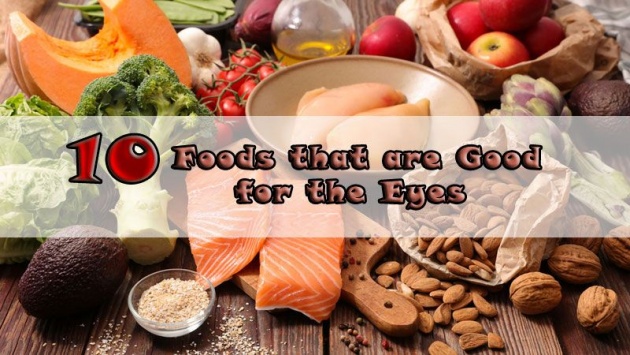
Image Credit: http://www.eye7.in/
A healthy, well-balanced diet is very important in keeping a healthy body. But, did you know that it can also directly affect our eye health? It's true. Our eyes need a variety of antioxidants to ward off oxidants that may affect them. Such antioxidants include lutein, zeaxanthin, vitamins A, C, and E, beta-carotene, zinc, and omega-3 fatty acids. Studies have also shown that the right kinds of food with the right nutrients, vitamins, and minerals can even help prevent the development of serious eye conditions, such as glaucoma, cataracts, dry eyes, poor night vision, and age-related macular degeneration.
Try, as much as possible, to eat a balanced diet that involves these 9 Foods that are good for the eyes. Most are generally found all-year-round in wet markets or supermarkets at (mostly) reasonable prices, so it won't be difficult to find them.
❉ Fish ❉

Image Credit: Wow_Pho via Pixabay
Fish that are rich in omega-3 fatty acids such as salmon and mackerel are really good for the eyes. Okay. So, let's get something straight. Omega-3 fatty acids are good fats that when consumed, contributes to the overall health and visual development of the retina at the back of the eye, as well as prevent dry eyes.
if you can, buy only wild-caught salmons instead of the farm-raised ones. This because salmons raised in farms tend to have higher saturated fats and less omega-3 fatty acids than the wild-caught ones.
❉ Carrots ❉
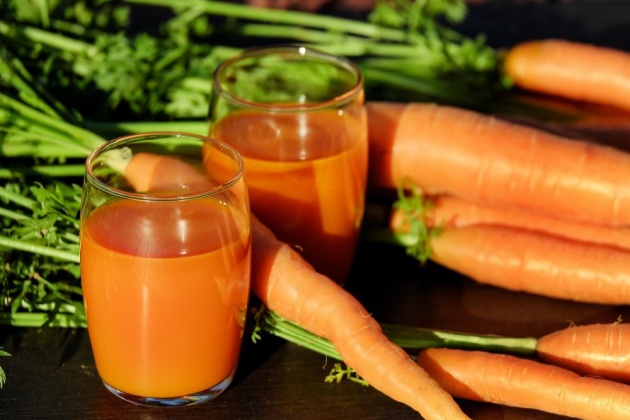
image Credit: Couleur via Pixabay
Who doesn't know that carrots are good for the eyes? Carrots are rich in beta-carotene and vitamin A--both of which helps prevent serious eye conditions and infections. They are also so easy to prepare. You can just cut them and store them in ziplock bags ready for snacking. You can also add them in salads or juice them. You can also add them in muffins and pancakes, as well as turn them into carrot cakes. The possibilities are endless. I personally like adding carrots to potstickers.
❉ Citrus Fruits ❉
Citrus fruits such as lemons, oranges, and grapefruits are rich in vitamin C. Just like vitamin E, vitamin C is an essential antioxidant for fighting age-related eye conditions. In fact, even the American Optometric Association (AOA) recommends this.
❉ Nuts and Legumes ❉
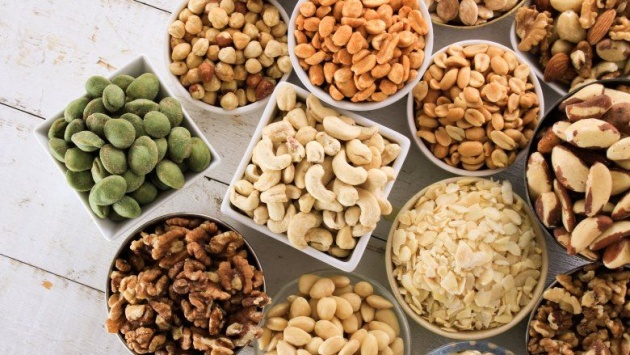
Image Credit: https://www.mashed.com/
Fish is not the only one rich in omega-3 fatty acids. Nuts like peanuts, almonds, cashews, and pistachios are also rich in this healthy fats. Not only that, but they are also rich in vitamin E which is another essential vitamin that helps protect the eye's cells from free radicals that could damage the tissue of the eyes.
Likewise, legumes, like black-eyed peas, kidney beans, and lentils, are rich in zinc and bioflavonoids, which help reduce your risk of developing serious eye conditions such as age-related macular degeneration and cataracts.
❉ Green Leafy Vegetables ❉
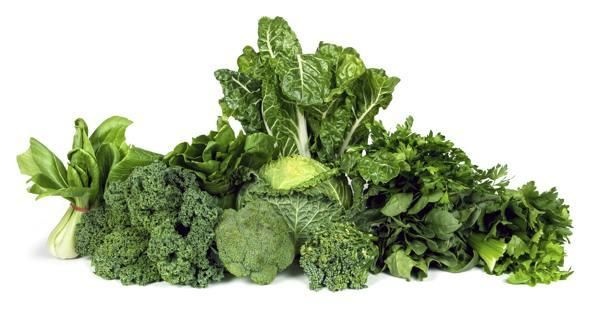
Image Credit: https://www.thehealthsite.com/
Spinach, collards, kale, and other leafy greens are all rich in antioxidants, particularly zeaxanthin and lutein. They are also a good source of vitamin C. All of these nutrients found in leafy greens contribute to better eye health and may even prevent the development of eye diseases like cataracts and macular degeneration.
❉ Sweet Potatoes ❉
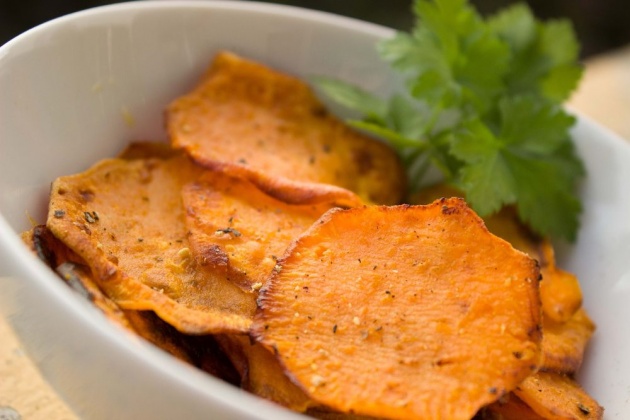
Image Credit: Einladung_zum_Essen via Pixabay
Sweet Potatoes, just like carrots, are rich in beta-carotene, a provitamin A that helps us see better in the dark as it enhances the ability of our eyes to adjust to the darkness. Consumption of just one sweet potato can already give the body more than half of the vitamin C of its daily needs--that and a little vitamin E too.
❉ Eggs ❉
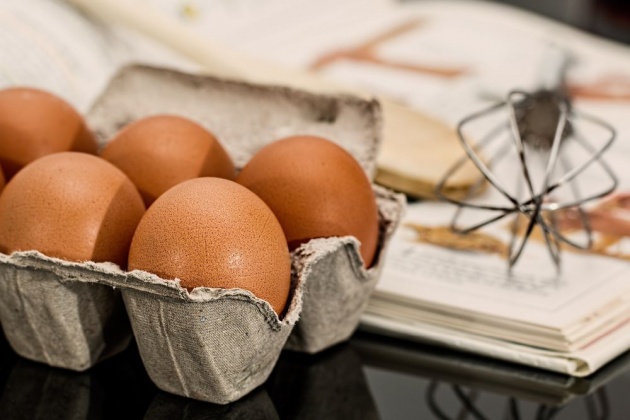
Image Credit: stevepb via Pixabay
Eggs are also great for the eyes. The yolks alone contain some amazing vitamins and nutrients that are good for the eyes such as vitamin A, zeaxanthin, zinc, and lutein.
- Vitamin A protects the cornea, the surface of the eyes.
- Lutein and zeaxanthin help reduce your likelihood of developing serious eye conditions such as cataracts and age-related macular degeneration.
- Zinc helps preserve the health of the retina, the back of the eye. It also helps us see better in the dark.
And the best thing about eggs--aside from their many health benefits, is that they are so easy to prepare. There are also various recipes you can try from the simplest boiled egg to a more challenging recipe like Eggs Benedict.
Let's watch Gordon Ramsay create something delicious with eggs.
Video Credit: Gordon Ramsay via Youtube
❉ Beef ❉
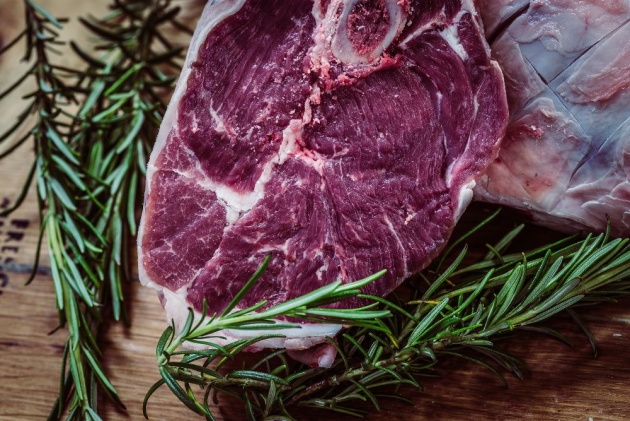
image credit: Free-Photos via Pixabay
Beef contains a rich amount of zinc, an important nutrient for better long-term eye health. Zinc may also delay the progression of age-related macular degeneration and sight loss. The eyes themselves already contain high levels of zinc, especially the retina, as well as the vascular tissues surrounding it--but that doesn't mean you don't need to consume more. The old saying 'the more the merrier' applies here.
Other types of meat, such as poultry and pork loin, also contain some zinc but not as much as beef.
❉ Kale ❉
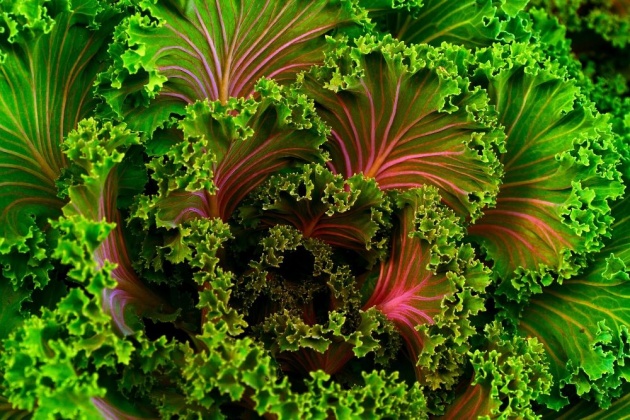
Image Credit: Free-Photos via Pixabay
Kale contains many essential vitamins, minerals, and nutrients that's why it is considered as a superfood by many people. It also has zeaxanthin and lutein which are vital antioxidants for keeping a healthy pair of eyes. Our bodies do not produce zeaxanthin and lutein so it's important to get them from various food sources as much as possible. It's recommended that you get 10 mg of lutein a day which can be achieved by eating a 100 gram serving of kale every day. You may also want to add spinach and red peppers on your diet as they are also good sources of lutein.
❉ Squash ❉
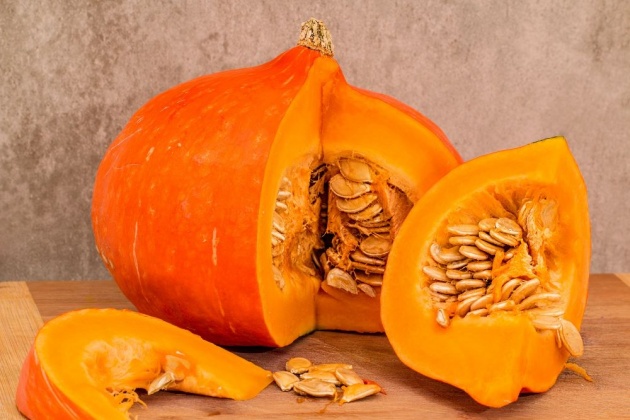
Image Credit: stevepb via Pixabay
Squash is another well-known food that helps improve our eye health as it is a good source of lutein and zeaxanthin. Remember, our bodies don't produce these antioxidants so getting them from foods that are available all-year-round can greatly benefit the overall health of our eyes. Summer squash contains zinc and vitamin C while the winter varieties have vitamin A and omega-3 fatty acids.
Before you go, here's a Querlo chat survey for you. Please do take time to answer.
~oO0Oo~~oO0Oo~~oO0Oo~~
Thanks for reading! Have a wonderful day ahead of you and keep smiling. :)
Written by Chineyes for bitLanders
For more quality blog posts, you may visit my page
Not yet on bitLanders? Sign up now and be rewarded for sharing ideas, photos, and videos!



